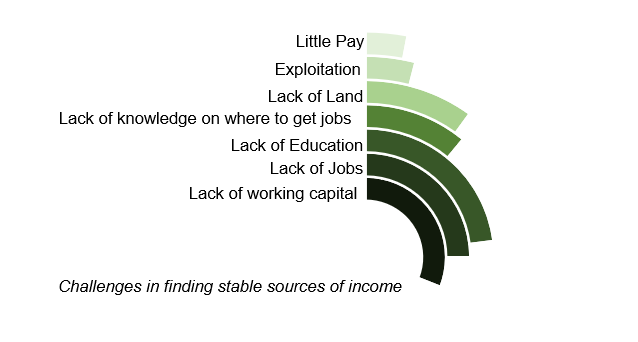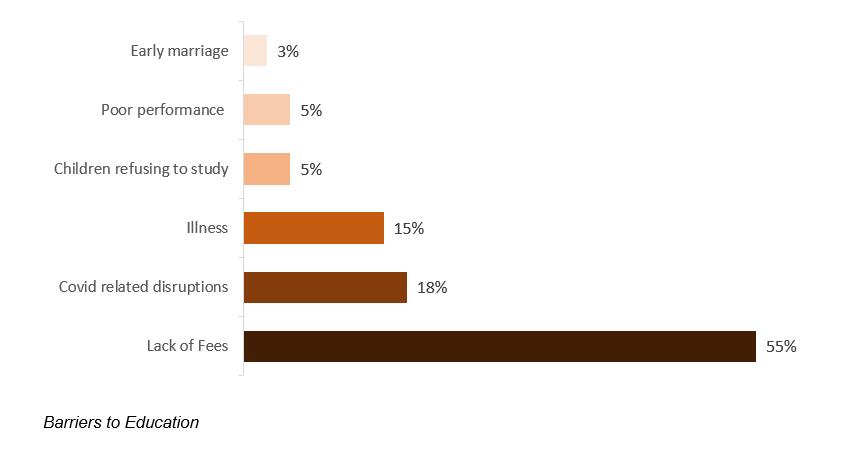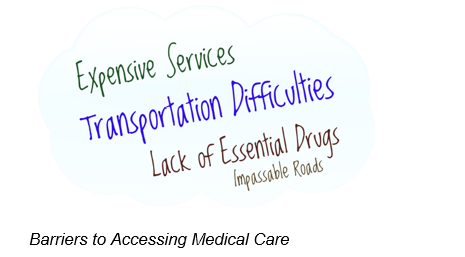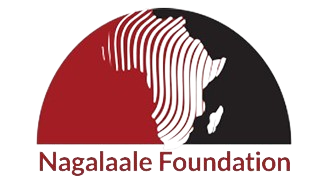— Social Services —
Facts about the state of social services in Kayini Parish that require urgent attention and improvement.
- Home
- Social Services
Economic Activities
Despite a low socioeconomic standard with 44% not earning an income, most households (94%) rely on gardens for food, with some (28%) supplementing with purchased food. Over half of respondents (56%) do earn an income, but 47% of those earners make USD 3 or less per month
The primary source of income for most households is self-employment. The dominant occupation is agriculture, with coffee, maize, beans, and potatoes being the most common crops. A small percentage of respondents, less than 5 percent, are engaged in manufacturing and services. The majority of households (40%) have been engaged in their current occupations for over a decade.
The overwhelming Majority, 82% of residents struggle with finding and maintaining steady work or income. The main Obstacles include: Lack of working capital, lack of available jobs, insufficient education, and difficulty finding job opportunities.

Education
A survey of household heads in Kayini Parish revealed a concerning lack of educational attainment. Over 41% had no formal education, while only 19% had completed secondary school. Very few (under 2%) had attained higher education.
Most households (70.64%) have children in school, but a significant portion (26.61%) have children who are not attending, despite being of school age.
Survey results might underrepresent the number of children out of school due to normalized community perceptions of who “should” be in school. The primary obstacle to school attendance is lack of money (75.8% of respondents), followed by children refusing to go to school, poor academic performance, illness, early marriage.

Health
Only two officially registered health facilities exist in the entire subcounty, forcing residents to rely on unlicensed drug shops for basic care. Over half of residents must travel 5km or more to reach the nearest health center. The closest hospital is 24km away, further complicated by poor roads and limited transportation options.
These factors create significant barriers to affordable and accessible healthcare, leaving the residents of Kayini Parish with inadequate options for their medical needs. Residents complain of hurdle after hurdle that they have had to overcome to access health care in the event of an emergency.
Malaria (88%), flu/cough (72%), and ulcers (18%) are the most common ailments, with 90% of households experiencing at least one case in the past year. 38% of households have lost a loved one in the last three years, with an average age of death at 41, significantly below the national life expectancy of 62.
While 47% desire access to sexual and reproductive health services, 30% lack information and access. Contraceptive use is low (17%), with condoms even scarcer (1%).
While hospitals are preferred for childbirth (83%), a significant portion (10%) deliver at home, and 5% rely on traditional birth attendants, highlighting the need for improved maternal healthcare access.

Water Sanitation & Hygiene
Kayini Parish relies heavily on boreholes (91%), as their primary water source. 7.3% of respondents use un-protected wells. Most residents (61%) face long walks to fetch water, impacting their daily lives. A significant portion (24.3%) either rely on unsafe water sources or face extremely long journeys to access water.
Despite over half of residents expressing confidence in their water sources, a substantial minority (34%) experience frequent disruptions due to borehole breakdowns.
While the majority of households in Kayini Parish (84%) use pit latrines, there are still pockets of vulnerability, with some resorting to open defecation (6%) or shared facilities (3%). This highlights the need for continued efforts to improve sanitation practices and ensure everyone has access to safe and adequate facilities.
While pit latrines are the primary sanitation solution in Kayini Parish, most are poorly constructed and lack essential features like roofs, doors, and covers. Many are shallow and in disrepair, posing significant health risks due to potential contamination of the surrounding soil. This urgent situation requires immediate attention to improve sanitation conditions and protect public health.

Energy
Kayini Parish is trapped in an energy crisis. Overreliance on firewood for cooking fuels deforestation, while the absence of electricity from the national grid stunts development.
Solar power, though gaining popularity, is limited to lighting due to cost constraints.
Paraffin, while used, is expensive and polluting. Most households lack any lighting, highlighting a critical need for affordable and reliable energy solutions to improve lives in Kayini Parish.

Transport and infranstructure
Kayini Parish faces significant challenges due to its poor road network, which severely impacts essential services like healthcare and education.
The Matumbwe stream at Bweigire village becomes impassable during the rainy season, cutting off access roads and preventing residents from reaching the Namuganga Health Center III.
This dangerous situation highlights the urgent need for improved infrastructure to connect Kayini Parish with surrounding areas and ensure access to vital services.

